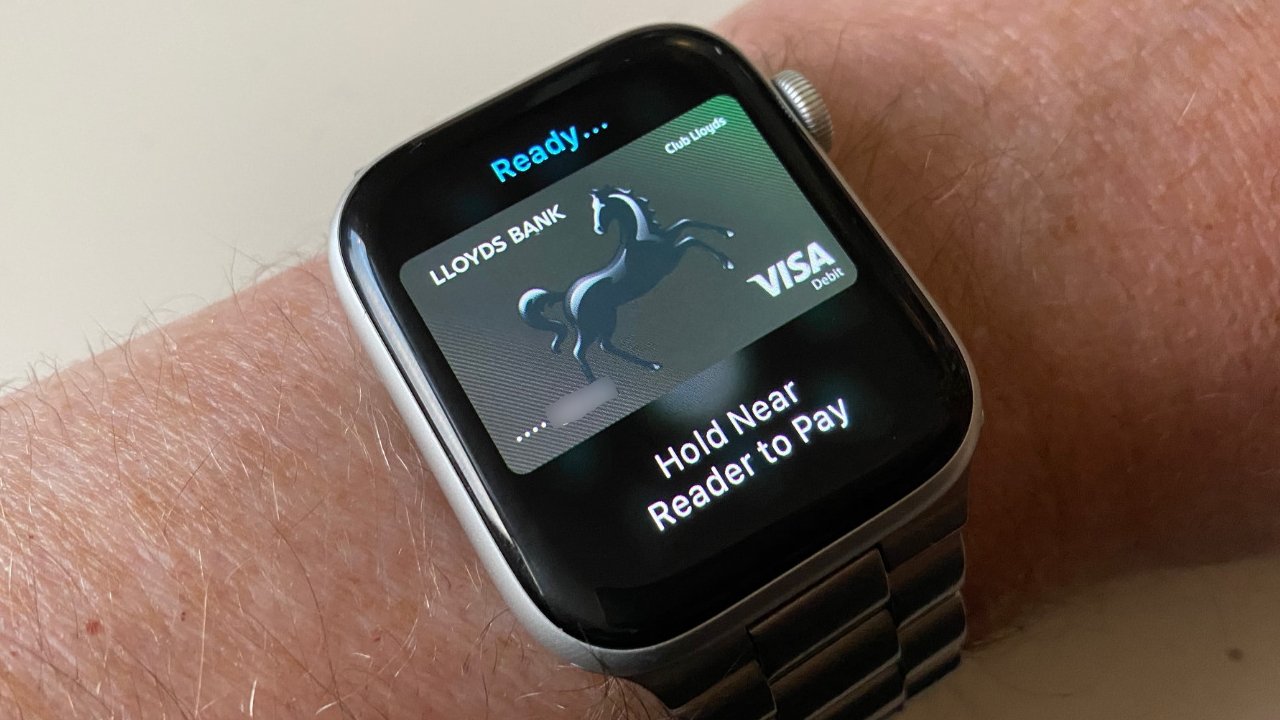Australia is set to treat digital wallet apps such as Apple Pay under the same regulations as credit cards, but Apple says this will "stifle innovation."

Apple Pay on an Apple Watch
Apple has previously said that it sees the proposed regulation is "contrary... to greater competition." According to ABC News in Australia, however, now that the law is expected to be implemented shortly, Apple has also argued that it will lead to mistakes.
"Apple believes the proposed expansion... will increase regulatory burden without aa net public benefit, give rise to... regulatory error," said Apple in a statement, "and stifle the dynamic innovation that has characterised Australia's payment system over recent years."
It's primarily the same argument that Apple has used before, where it has compared Apple Pay to a physical wallet.
"Apple Pay can only operate with an existing debit, credit or prepaid card issued by a third party," continued the statement. "Apple does not have access to a cardholder's account to determine whether funds are available... in offering Apple Pay, Apple does not collect any transaction information."
Releasing draft regulation, Australia's treasurer, Jim Chalmers said that the law was to ensure transparency around charges.
"As payments increasingly become digital, our payments system needs to remain fit for purpose so that it delivers for consumers and small businesses," Chalmers said in a statement. "We want to make sure the shift to digital payments occurs in a way that promotes greater competition, innovation and productivity across our entire economy."
Separately, Australia's second-largest bank, Westpac, became the last of the country's banks to support Apple Pay in 2020. At the time, some 10% of card transactions in Australia were done through digital wallets, and ABC News says that has now risen to around 35%.
